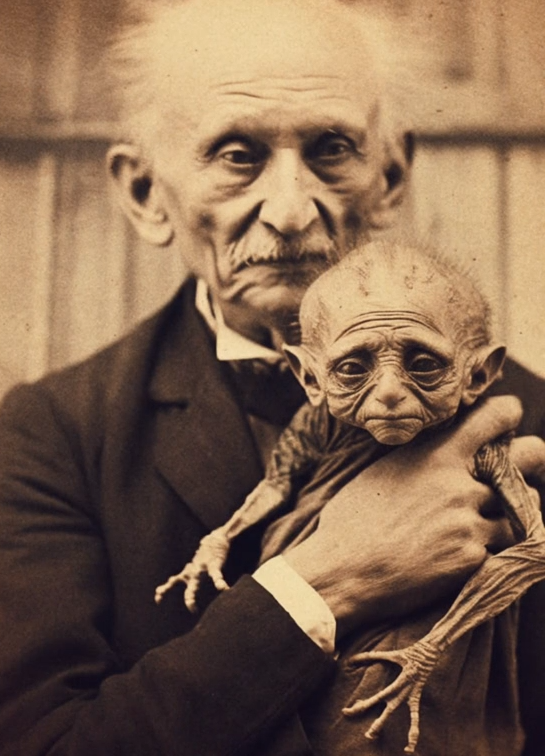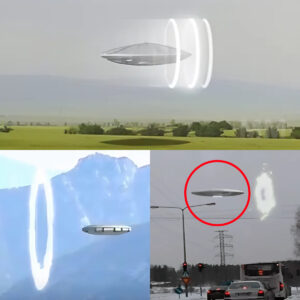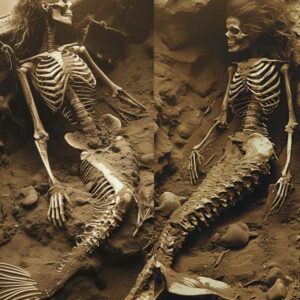The exploration of ancient mysteries has long been a pursuit that has captured the imagination of humanity. Among these mysteries, the question of whether ancient aliens have directly influenced human history stands out as one of the most compelling and debated topics. As we delve into this enigmatic realm, we are confronted with tantalizing evidence, intriguing theories, and a fundamental curiosity about our place in the cosmos.
The notion of ancient aliens posits that extraterrestrial beings, possessing advanced technology and knowledge far beyond our own, visited Earth in ancient times and interacted with early human civilizations. This idea is supported by a myriad of archaeological findings, ancient texts, and cultural myths from around the world that suggest the presence of beings from other worlds among our ancestors.
One of the most compelling pieces of evidence for the influence of ancient aliens on human history lies in the construction of ancient monuments and structures that defy explanation by conventional means. From the towering pyramids of Egypt to the intricate stone carvings of South America, these feats of engineering and architecture hint at a level of technological sophistication that surpasses the capabilities of ancient civilizations.

Furthermore, ancient texts and religious scriptures from cultures around the world contain accounts of encounters with otherworldly beings, often described as gods or divine messengers. These accounts often include descriptions of advanced technology, celestial chariots, and other phenomena that bear striking similarities to modern UFO sightings and encounters.
But perhaps the most compelling aspect of the ancient alien hypothesis is the profound impact it has had on human culture and civilization. The idea that we are not alone in the universe, and that our ancestors may have interacted with beings from other worlds, challenges our understanding of history and our place in the cosmos. It invites us to reconsider our preconceived notions about the origins of human civilization and the nature of reality itself.

So why do humans continue to live with the idea of ancient aliens, despite the lack of concrete evidence and the skepticism of mainstream science? The answer lies in our innate sense of curiosity and wonder, our insatiable desire to uncover the truth about our origins and our place in the universe. The idea of ancient aliens offers a tantalizing glimpse into a world beyond our own, a world where the boundaries of possibility are limitless and the mysteries of the cosmos are waiting to be explored.
In conclusion, the question of whether ancient aliens have directly influenced human history is one that continues to fascinate and intrigue us. While the evidence may be inconclusive, the idea itself speaks to something deep within the human psyche—a yearning for connection, for meaning, and for a greater understanding of the universe in which we live. And as long as that yearning persists, the mysteries of ancient aliens will remain a compelling and enduring part of human culture and civilization.




